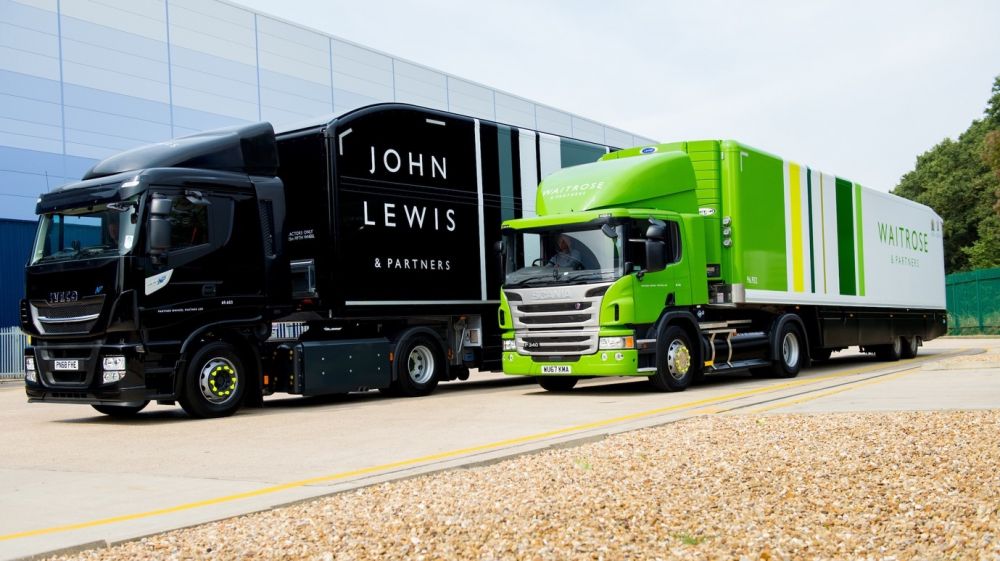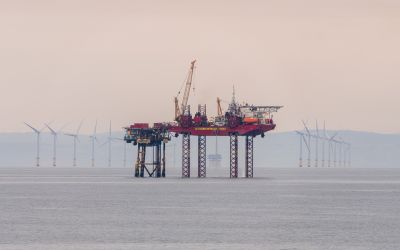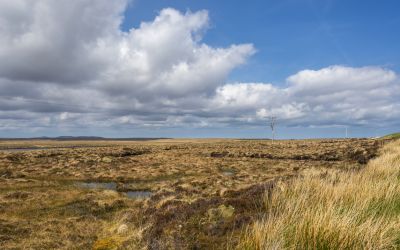John Lewis to end use of fossil fuels across transport fleet by 2030
The John Lewis Partnership announced yesterday plans for a biomethane gas filling station, as the retail giant steps up its commitment to reducing carbon emissions.

The John Lewis Partnership has announced plans for a biomethane gas filling station, as the retail giant steps up its commitment to reducing carbon emissions.
John Lewis Partnership and owner of Waitrose has announced plans to build a dedicated biomethane gas filling station, that will allow their largest heavy goods vehicles to use low-carbon alternatives to diesel.
Beyond this, the Partnership has also revealed its ambition to stop using fossil fuels across its entire 4,800 strong transport fleet by 2030.
On top of this, it has pledged to be Net-Zero Carbon across its entire operations by 2050 at the latest, and to switch its 600 heavy goods vehicles to low-carbon biomethane by 2028.
In partnership with Air Liquide, French industrial gases company, the filling station will be open by the end of the year at the Partnership’s head office in Bracknell, making it the business’s first on-site gas filling station.
The new filling station will facilitate the conversion of the Bracknell Waitrose fleet to biomethane and accompany gas filling stations already in use near to John Lewis and Waitrose regional distribution centres in Leyland, Lancashire and Northampton.
They will serve approximately 120 Waitrose heavy goods trucks; running on biomethane made from food waste and food processing waste materials rather than diesel.
John Lewis said that this will reduce CO2 emissions by 80%, with each truck saving over 100 tonnes of CO2 every year.
Additionally, over the next seven years, the Partnership stated the Bracknell site will save over 70,000 tonnes of CO2, equivalent to the carbon footprint produced by over 13,000 UK households.
Reflecting on the new announcement, Justin Laney, Partner & General Manager of Central Transport at the John Lewis Partnership, said: “The evidence of climate change is all around us, so it’s important we act now using available technology rather than wait for unproven solutions to appear."
“We are working hard towards our new aim of removing all fossil fuel from our transport fleet by 2030, which will reduce our carbon emissions by over half a million tonnes and gets us well on the way to our ultimate target of operating a net zero carbon emission fleet.”
The retail group said that since 2015, 85 of the Partnership’s heavy diesel vehicles have already been replaced with biomethane trucks. And a further 143 trucks will be purchased by the end of 2020, being the UK's "largest ever" order for green gas vehicles.
The impact of this overall has shown, since last year, the reduction of its total operational carbon emissions by 6.6% and emissions from transport have fallen by 6.9%.
Photograph: John Lewis






